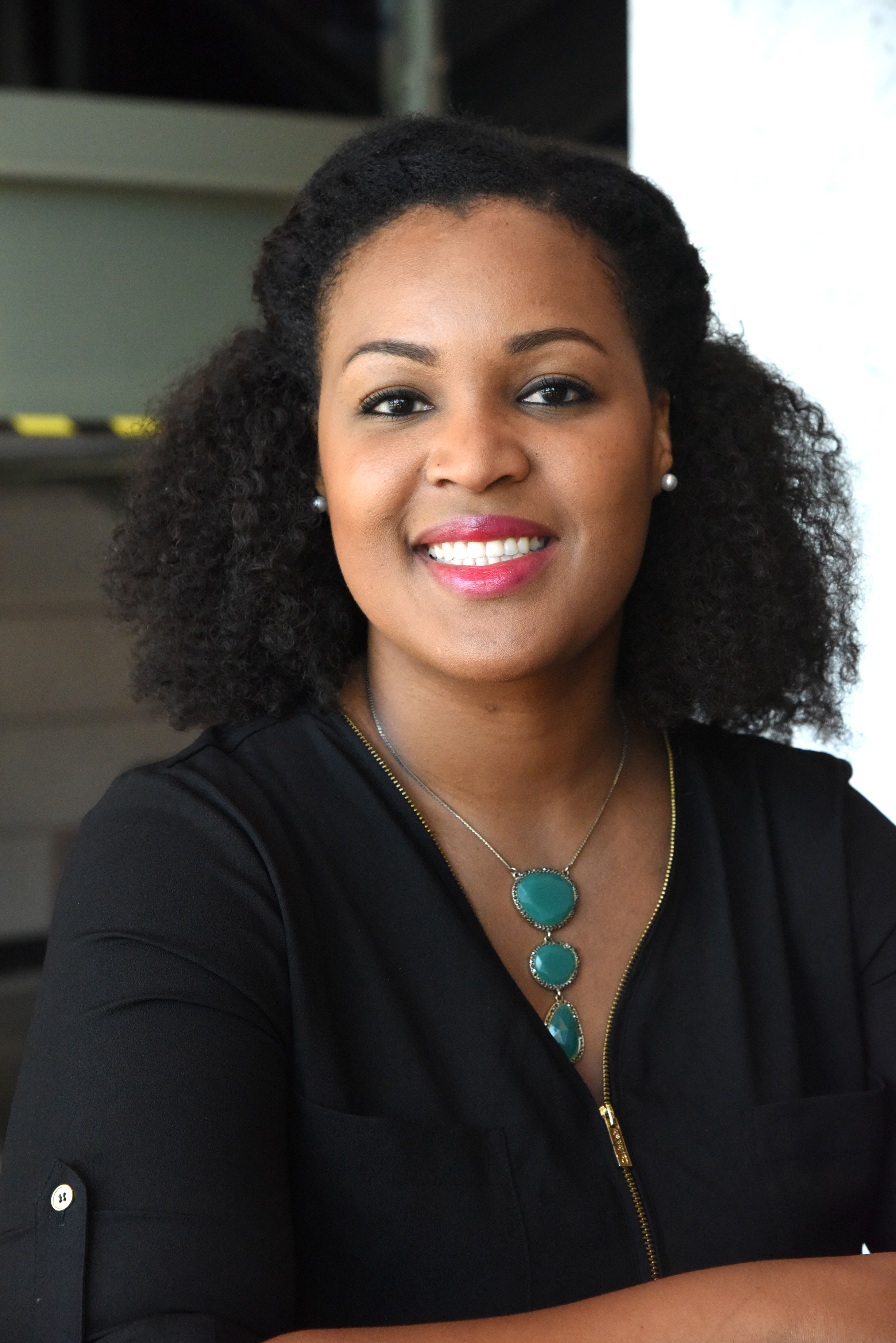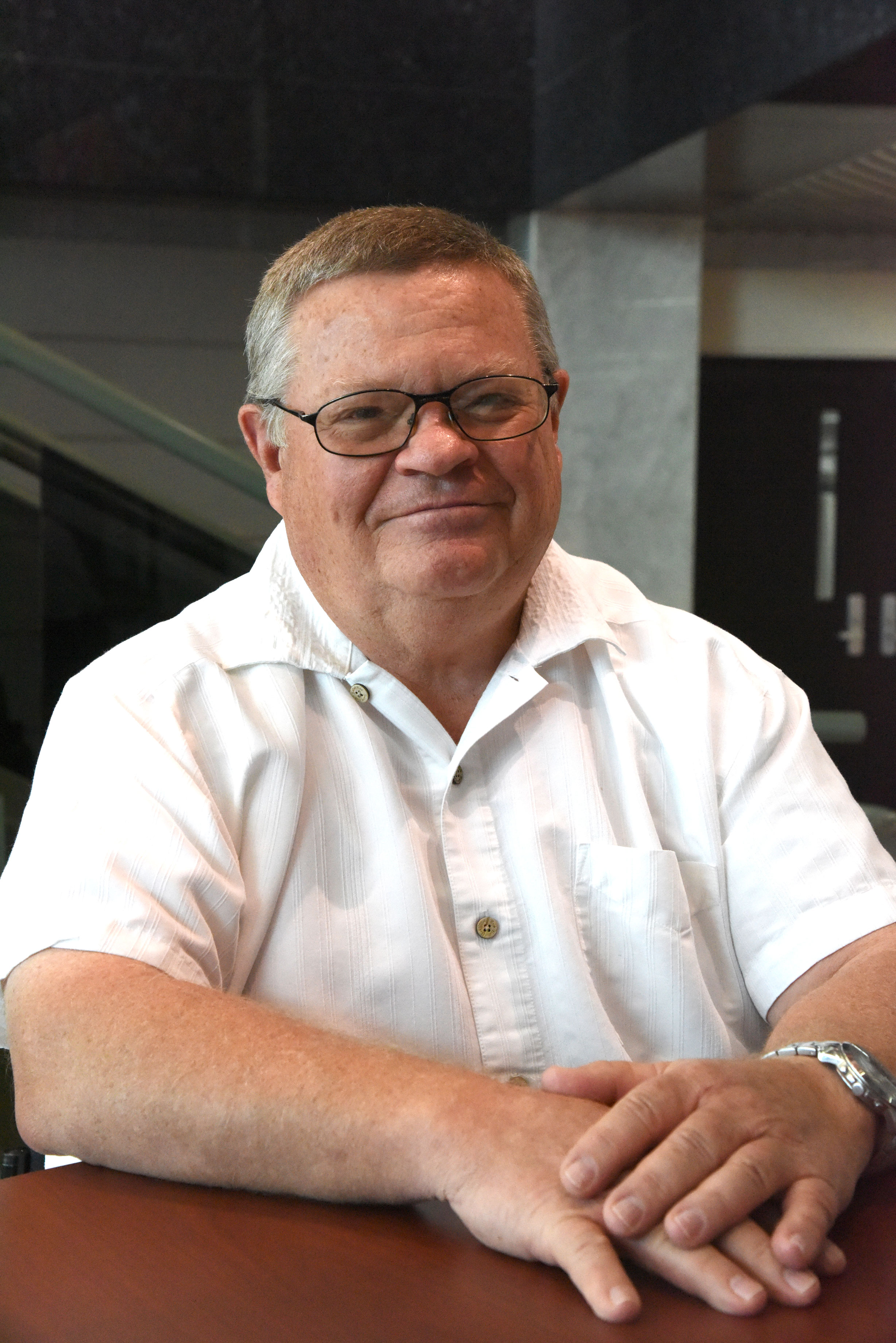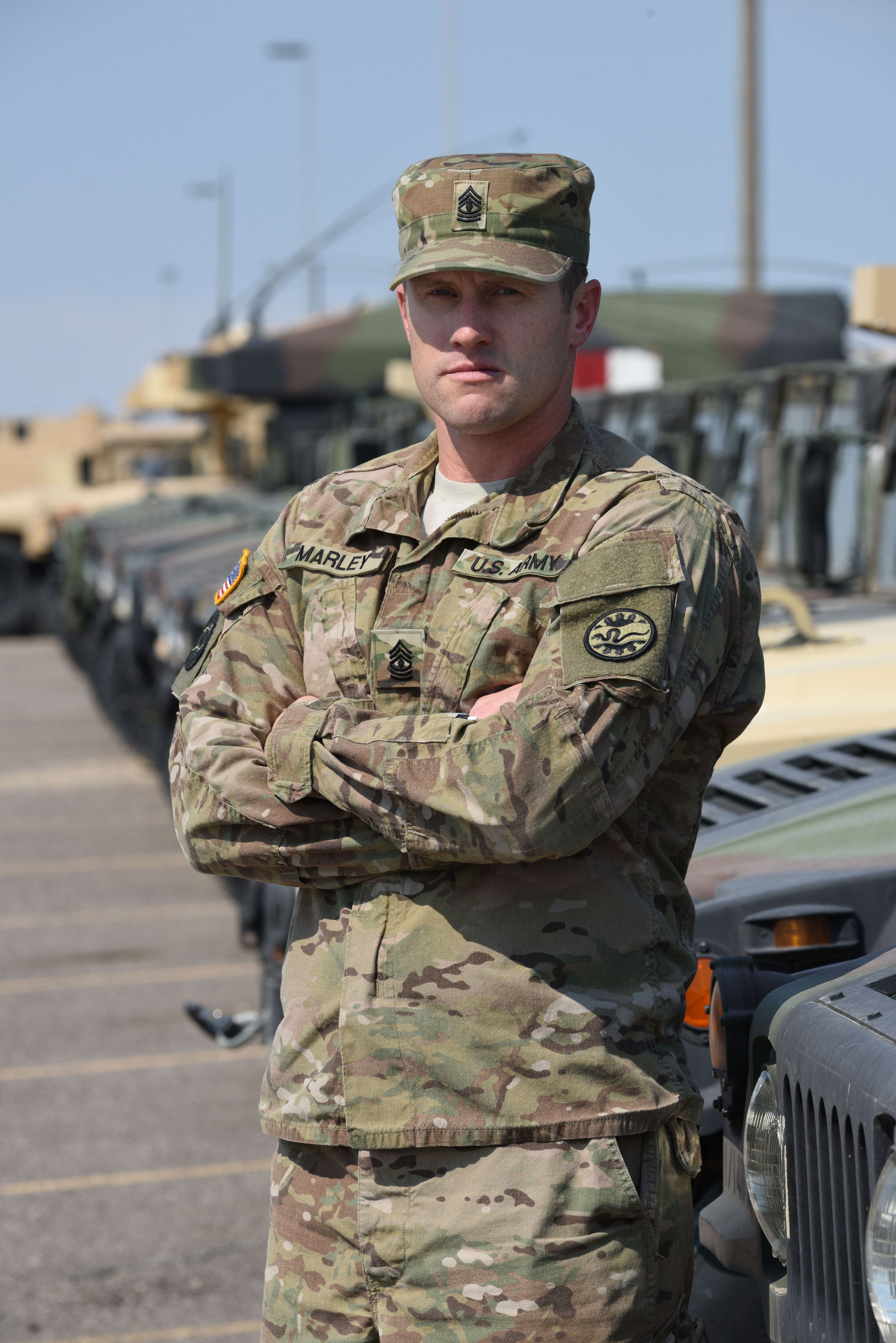Roya Gordon found herself in a difficult spot, one common to veterans as they attempt to transition from military to civilian life.
Gordon joined the U.S. Navy straight out of high school, and became an intelligence specialist, protecting the nation against enemies who operate in the shadows.
Six years in the Navy left Gordon desiring additional education and she earned a degree in international relations and a master’s in global affairs with an emphasis in cybersecurity.
At that point, Gordon had to make a decision. It was time to choose a career path. And like so many veterans, she struggled. None of the jobs she tried seemed to motivate her. The passion she felt serving her nation could not be replicated in a typical 9-to-5 setting.
“It’s just kind of hard to find your place,” she said.
She considered reenlisting in the Navy. At that point, however, she found her way, at a national laboratory in a state about as far away – geographically and culturally – from her native Florida as possible.
Gordon joined INL’s fastest-growing directorate, National and Homeland Security. She and her colleagues help protect the nation’s power grids and other critical infrastructure against manmade and natural threats.
As seen in the Ukraine right before Christmas in 2015, a cyberattack against a power grid is no longer a far-fetched notion. And a successful one would have very real economic, safety and security consequences.
This is being recognized by policymakers at the federal and state levels. In 2016, Idaho legislators created a cyber lab, housed at Boise State University, to train the next generation of cyber experts. That effort will be assisted by another legislative decision, during the 2017 session, to create the Cybercore Integration Center on the INL campus in Idaho Falls.
Protecting her friends, neighbors and community is what motivates Gordon every day, not unlike when she served her countrymen in the Navy.
“I like my co-workers, managers and mission,” Gordon said. “It’s something that matters and is important to people, kind of like when I was in the military.”
Gordon has even become accustomed to something she never experienced in Florida: those mornings when the car windshield requires scraping and you duck walk across the parking lot to avoid ending up on your back.
A young woman who came to Idaho in November with no boots or coat hit the ski slopes, attended a Utah Jazz game and journeyed through Yellowstone Park.
“This is becoming a place that I call home,” she said.


